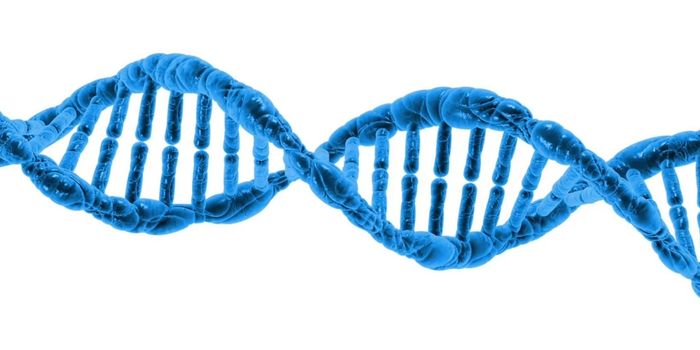Can Zika Virus Help Neuroblastoma Patients?
The Zika virus became a household topic in 2015 and 2016 when infection rates skyrocketed in South America and the disease spread to parts of North America very suddenly. Zika was discovered in a rhesus monkey living in the Zika forest of Uganda in 1947. The virus is spread by the Aedes africanus mosquito; the first record of human infection was in 1952 in Uganda and Tanzania. In early 2015, pregnant women infected by the virus began giving birth to children with certain birth defects including microcephaly. In children and non-pregnant adults, Zika virus infection is most often asymptomatic or only mildly noted.
Researchers have been looking at viruses as possible tools for use in oncological therapies for decades and some recent literature has shown great promise for the effects a virus can have on certain cancers. Zika has not yet been identified as a possible oncolytic agent until now.
Researchers in Florida recently published a study in evaluating the use of Zika virus as a potential oncolytic therapy for human Neuroblastoma. The study aim was to examine the characteristics particular to this virus and if those affected neuroblastoma tumor cells. According to the research group, “Neuroblastoma has been shown to be responsive to infection.” They furthered that knowledge by positively demonstrating that Zika virus easily infects neuroblastoma cells. In conjunction with these efforts, the authors noted an unexpected difference in response by one cell line and further investigated. All tumor cells lines evaluated were susceptible to Zika, save this one. They found a link between cellular expression levels of CD24 and permissiveness of Zika into those cells.
CD24, or cluster of differentiation 24, is a cell surface receptor normally found on hematopoietic and neuronal cells. The gene for CD24 is located on chromosome 6. CD24 is expressed at higher levels in progenitor and what are known as metabolically active cells or fast-growing cells. Not too surprisingly, CD24 is highly overexpressed in cancers.
The results of the Florida study draw some interesting conclusions that promote the possibility of using this particular virus against neuroblastoma cells in vivo. Knowing that CD24 is highly expressed in rapidly growing cells as well as neuronal cells points toward a reason why infection with Zika during pregnancy can so dramatically affect an unborn fetus, depending on their development timeline, yet have mild symptoms in an infected adult. Therapeutic approaches using Zika would use the virus to target those CD24 expressing cells and the virus would follow its normal disease progression in already developed individuals with CD24 positive tumors. Zika’s own infectious process destroys its host cells, therefore destroying tumor cells.
Sources: PLOS one, CDC, WHO, Cellular & Molecular Immunology,










